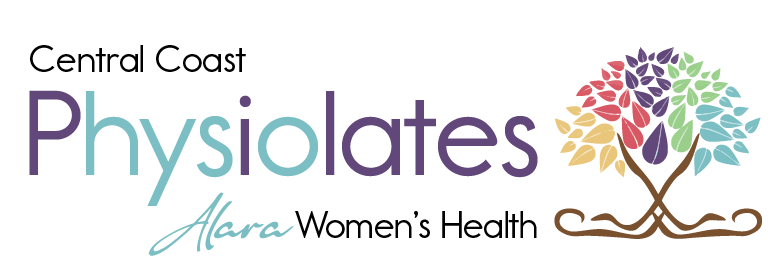Pelvic Floor
Is your pelvic floor working for you or against you?
According to research, 1 in 2 women are unable to contract their pelvic floor muscles correctly. Even if you don’t have symptoms of bladder leakage, prolapse or sexual pain now, you could develop problems later if your pelvic floor muscles are weak and don’t contract and relax properly.
Current research also shows that 1 in 4 women use a technique to contract their pelvic floor that is actually detrimental to their pelvic floor muscles – it weakens rather than strengthens the muscles. The technique (squeezing your bottom cheeks together) used to be considered the correct approach to exercising the pelvic floor. Unfortunately this technique is still prescribed today by those not up-to-date on pelvic floor research.
Do you know how to contract & relax your pelvic floor muscles?
Every woman should have their pelvic floor checked, whether or not they have any symptoms and whether or not they have had a baby. Why? Because prevention is always best. If you don’t have symptoms now, they could develop later, such as when you have a baby or when you go through menopause.
Common causes of pelvic floor issues
Many of the causes below are commonly known, but some may surprise you.
- Pregnancy and childbirth
- Menopause
- Heavy lifting
- Strenuous sports
- A chronic cough
- Over-training abdominal muscles (some of the fittest looking people have weak pelvic floor muscles because they work their outer muscles but neglect the deep muscles)
- Stress (causes some to hold tension in the pelvic floor)
How can we help?
We teach you how to contract and relax your pelvic floor muscles correctly through a combination of simple movements and posture. We also educate you on how to recognise the symptoms of a weakening pelvic floor so you can manage it at home yourself and maintain a healthy pelvic floor for the rest of your life.
While many women are referred to us by their GP or gynaecologist, you do not need a referral to see us.
What to expect
You will see one of our Physiotherapists who specialises in women’s pelvic health. She will begin by asking you a series of questions about your pelvic floor habits to obtain a detailed history.
This will be followed by an internal vaginal examination to assess the strength of your pelvic floor. She may use ultrasound as part of the assessment to test the activation of your muscles and teach you how to do it correctly.
You will then be given an easy to follow pelvic floor exercise program designed specifically for you.
Book your appointment today
Booking an appointment is as easy as clicking the button below and choosing a time that's suitable for you.
